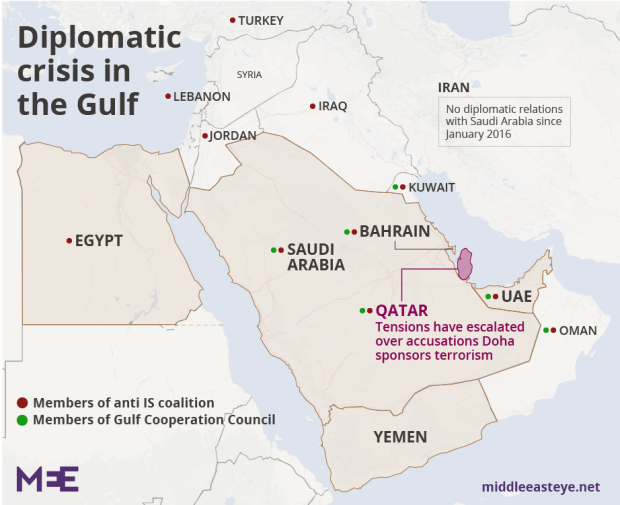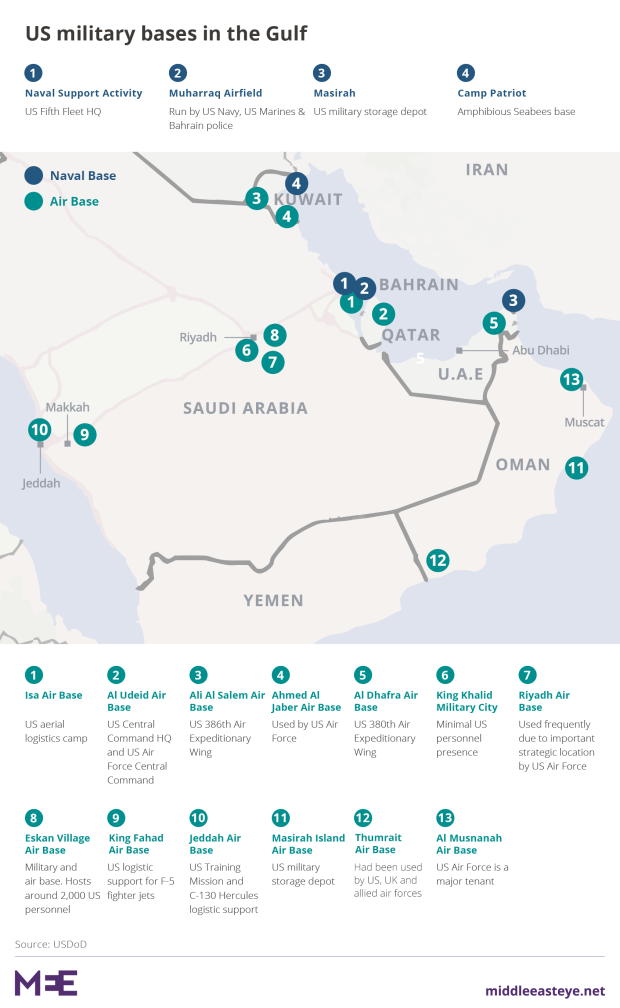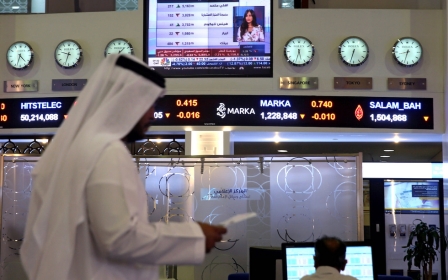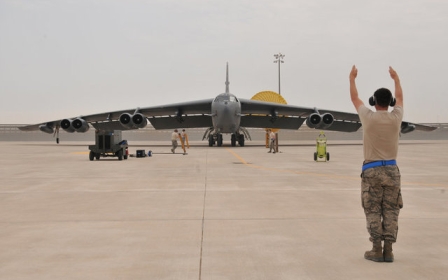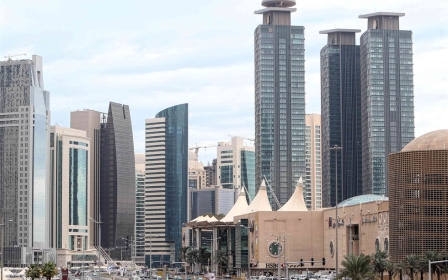US urges Qatar and Arab neighbours to quickly settle diplomatic row
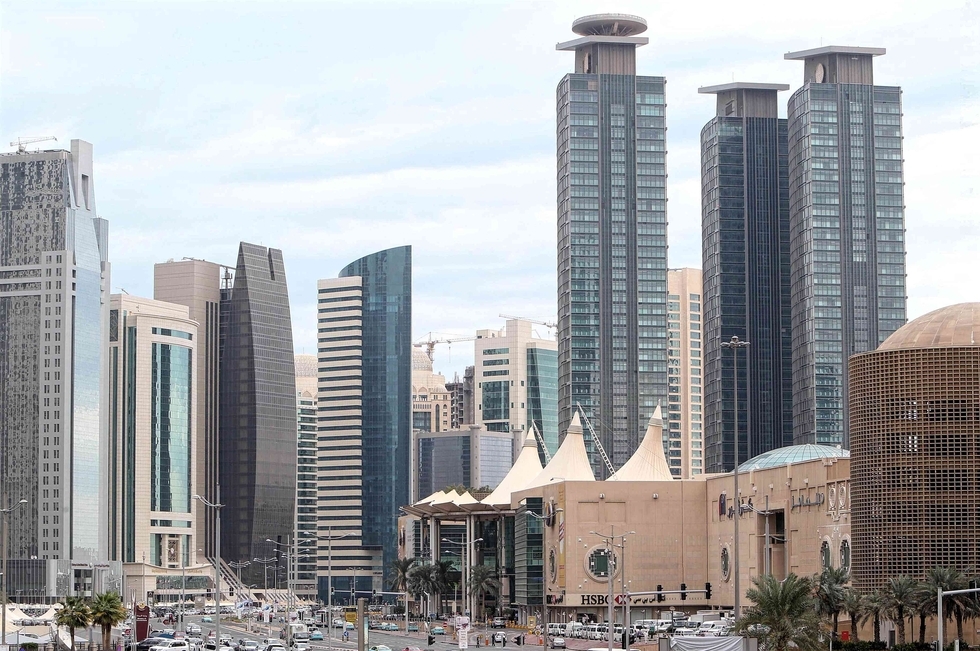
The United States called for Qatar and its neighbours to “sit down together” after several Arab states cut ties with Doha on Monday over alleged support for Islamists and Iran.
Saudi Arabia, Egypt, the United Arab Emirates and Bahrain severed diplomatic relations with Qatar in a coordinated move. Yemen, Libya's eastern-based government and the Maldives followed suit later. The move came just two weeks after US President Donald Trump's demand for Muslim states to fight terrorism.
Asked about the Arab rift, White House spokeswoman Sarah Sanders said Trump was committed to pursuing "conversations with all of the people involved in that process and all of those countries. We want to continue to de-escalate that and at this point we're continuing to work with each of those partners".The US also stressed the need for a swift resolution of the dispute, saying its relations with Gulf nations are vital.
"All of our partnerships in the Gulf are incredibly important, and we count on the parties to find a way to resolve their differences sooner rather than later," a State Department official said.
'Worrisome'
Another unidentified State Department official told Reuters that Washington does not want a “permanent rift” between Gulf countries, but criticised Qatar.
"There’s an acknowledgement that a lot of Qatari behaviour is quite worrisome, not just to our Gulf neighbours but to the US," the official said.
"We want to bring them in the right direction."
US Secretary of State Rex Tillerson said he did not expect the crisis to have "any significant impact... on the unified fight against terrorism".
He encouraged Qatar and its neighbours to "sit down together," adding that Washington is ready for "any role that we can play" in helping to overcome divisions.
The US military said it had seen no impact to its Gulf-area operations, intended mainly as a bulwark against Iran, and added that it was grateful for Qatar's longstanding support of a US presence and commitment to regional security.
The diplomatic bust-up threatens the international prestige of Qatar, which has a large US military base and is set to host the 2022 football World Cup.
Football's governing body FIFA said on Monday it was in "regular contact" with Qatar's 2022 organising committee, but did not comment directly on the diplomatic situation.
The hawkish tone Trump brought in his visit to over 50 Muslim leaders in Riyadh on Tehran and on terrorism is seen as having laid the groundwork for the diplomatic crisis.
"You have a shift in the balance of power in the Gulf now because of the new presidency: Trump is strongly opposed to political Islam and Iran," said Jean-Marc Rickli, head of global risk and resilience at the Geneva Centre for Security Policy.
"He is totally aligned with Abu Dhabi and Riyadh, who also want no compromise with either Iran or the political Islam promoted by the Muslim Brotherhood."
Iran blames Trump
Iran said on Monday that it saw America pulling the strings.
"What is happening is the preliminary result of the sword dance," Hamid Aboutalebi, deputy chief of staff of Iran's President Hassan Rouhani, tweeted in a reference to Trump's recent visit to Saudi Arabia.
Trump and other US officials participated in a traditional sword dance during the trip in which he called on Muslim countries to stand united against militant groups.
Last week, the Qatari emir travelled to Kuwait to meet Emir Sheikh Sabah al-Ahmad al-Sabah in what was widely seen as an attempt at mediation by the Kuwaitis.
"This certainly represents an unprecedented uptick in tensions within the GCC," said Adam Baron, visiting fellow at the European Council on Foreign Relations.
"Qatar has long had an independent streak that's led to resentment from its neighbours."
New MEE newsletter: Jerusalem Dispatch
Sign up to get the latest insights and analysis on Israel-Palestine, alongside Turkey Unpacked and other MEE newsletters
Middle East Eye delivers independent and unrivalled coverage and analysis of the Middle East, North Africa and beyond. To learn more about republishing this content and the associated fees, please fill out this form. More about MEE can be found here.


